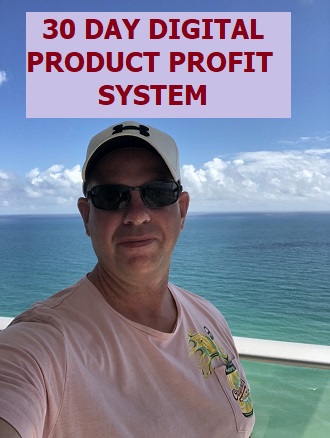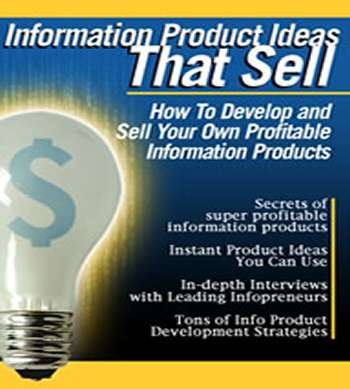You may have noticed, we are entering into an information and communication revolution where anyone with something to say can have their forum and make it count.
When it comes to publishing content, the same holds true.
I was talking to a good friend, a published author now out on the speaking circuit, last evening. When I mentioned the word publishing…he nearly grabbed me by the throat and told me…
There is no #?1%ing way I will EVER sign a contract with a traditional publisher again!
Why?
Too slow, give too little back to the author, too restrictive (timing, process, pricing, format, etc…) and financially insanity given that he gets to keep less than a couple of bucks for each of the 10’s of thousands of books he sells.
So why would you self publish?
- Near immediate. Once your book, ebook or infoproduct is completed, it takes a few days to hit the market. In today’s fast-paced world trained to want instant gratification, speed is our friend
- More control. You control the look-and-feel, the length, the packaging, the price, length of time on the market and overall launch
- You have so many other options – Kindle, iBooks, Clickbank, Amazon’s main directory, or simply sell it from your own website like we have done on many occasions
- More profit – Instead of making $2 on a $20 book you can make $10 on a $12 or $15 book OR you can develop it as a workbook, manual, home study course and sell it for $47-$197 product where you keep 75%-95% of the profit. Why give it to a publisher, they don’t offer you any distribution advantage – and will be soon gone
- You control how and when it comes to market. If you want to launch it and then pull it from the market, you have that opportunity to create buzz through scarcity
- You get the same benefit as published authors used to get. There is no longer a stigma associated with self-publishers. We now live in a time of great equality across writers and experts. If your work is killer and you have done a good job of positioning it correctly – you win!
- So many distribution paths. You can literally play multiple distribution paths, a light version on Kindle, a full version on Clickbank with a bundled package available from your own website
- Flexibility to run your own affiliate programs and treat partners in a way that is best for your business. If you want to sign up a top influencer, you can give him half of the profits whereas others you give 25%
- Print or not – you make the call if you want to print off a batch for a back-of-the-room pitch at an event, you can do that
- You control (entirely) your license rights. If you want to license the rights to some of your content for re-publishing you can do that without breaching any terms of a traditional publishing contract. We have done this on occasion where we license a portion of one of our books to a private group who includes this content with their training – these license deals can bring you 5-6 figures – all made possible with the flexibility and control of self-publishing
Of course, all of this must be taken seriously.Â
Just because you can self-publish, take control of the process and release books, ebooks and infoproducts quickly doesn’t mean that editing, proof-reading and quality aren’t important.
Indeed, nothing is further from the truth.Â
As the market opens up, it also becomes more competitive which means you must pay special attention to quality, your topic and positioning as well as having a product that doesn’t distract people because it is poorly edited, full of spelling mistakes or badly designed.



I completely agree with you. I’ve had a traditionally published book published before, and I’ve come to the exact same conclusions as you have. I find that most people want to stick with legacy publishers out of vanity.
That’s fine, you can do what you want, but don’t pretend you’re doing it for any other reason. Legacy publishing is just a bad business decision. Doesn’t make sense to go that way with that being said. And all the reasons you mentioned.
Jim Kukral
http://www.digitalbooklaunch.com
Amazing the speed at which things have changed isn’t Jim? The last reason to hold on to legacy publishing (and to a small extent this still exists, but seeing it less and less each month) is branding…a few years ago you simply couldn’t get coverage as a self-published author (with a few small exceptions), today there is very little difference.
Jeff
I agree, there is no difference anymore. But, a lot of authors still feel there is, and that’s vanity talking. It will take some more time. I do believe, however, that every single one of the people who choose a legacy contract now will be forever regretting it in the years to come when they realize they want control of their book content, etc…
I think the point is, every author is going to figure out that this is a business. Just like bloggers have figured it out.
For the ownership aspect, as a self-publisher, you own all rights to your book, whereas a traditional publisher would likely own the rights. If they lose interest in your book, you cannot print additional copies unless you purchase those rights back.